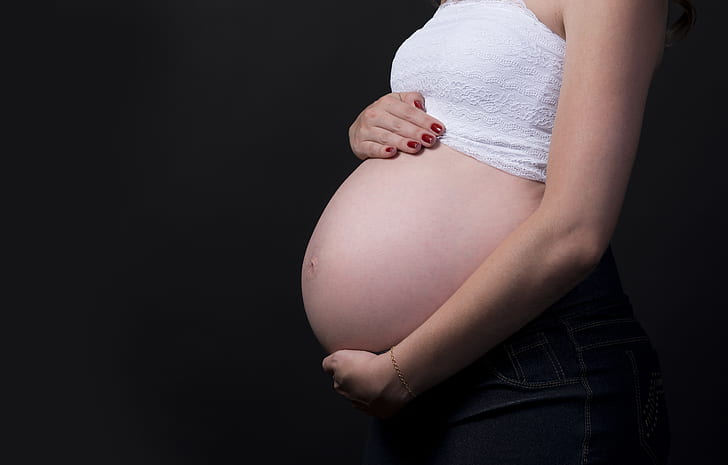The Trump administration plans to announce a connection between prenatal use of Tylenol (acetaminophen) and autism risk, contrary to current medical guidelines that consider the medication safe for pregnant women, according to multiple news reports.
President Trump previewed the announcement during a memorial service on Sunday, stating, “I think we found an answer to autism.” He called the upcoming announcement “one of the most important news conferences I’ll ever have.”
The White House describes the planned Monday announcement as making “historic progress” using “gold standard science,” according to spokesperson Kush Desai. The event will reportedly include Health Secretary Robert F. Kennedy Jr., FDA Commissioner Marty Makary, NIH Director Jay Bhattacharya, and CMS Administrator Mehmet Oz.
Reports indicate the administration will advise limiting acetaminophen use during pregnancy to cases of high fever. Officials will also highlight leucovorin (folinic acid) as a potential therapy for autism. Leucovorin is traditionally used in cancer treatment, but some small studies suggest it may improve communication in certain children with autism.
Medical organizations, however, maintain that acetaminophen is appropriate during pregnancy when used as directed. The American College of Obstetricians and Gynecologists stated there is “no clear evidence that proves a direct relationship between the prudent use of acetaminophen during pregnancy and fetal developmental issues.”
A recent review published in BMC Environmental Health examined 46 studies and found “strong evidence of an association” between prenatal acetaminophen use and neurodevelopmental disorders, including autism. However, the researchers recommended “judicious acetaminophen use” rather than a broad limitation, acknowledging they could only show associations, not causation.
Similar Posts
A 2024 study in JAMA that looked at more than 2 million children in Sweden found no association between acetaminophen use during pregnancy and increased autism risk when comparing exposed children with their siblings and unexposed children.
Kenvue, the maker of Tylenol, strongly disputed any causal link in a statement: “The facts are that over a decade of rigorous research, endorsed by leading medical professionals and global health regulators, confirms there is no credible evidence linking acetaminophen to autism.”
The company warned that discouraging acetaminophen use could force pregnant women to choose between untreated fever (which carries its own risks to mother and baby) and potentially riskier pain relief alternatives.
Health experts note that autism rates have risen in the United States. CDC data shows about 1 in 31 children was diagnosed with autism by age 8 in 2022, up from 1 in 36 in 2020. Many experts attribute this increase to changes in diagnostic criteria and improved screening rather than environmental factors.

Dr. Peter Hotez, who co-directs the Center for Vaccine Development at Texas Children’s Hospital and has written a book about autism, cautioned that the evidence linking acetaminophen and autism is “not terribly compelling.” He noted that genetics explain most cases of autism spectrum disorder, though environmental factors may play a role.
The announcement comes amid the administration’s broader autism initiative. About a dozen working groups are examining approximately 30 hypotheses, though reports indicate the underlying literature review remains unfinished. The NIH is expected to announce recipients of $50 million in autism research funding that Kennedy announced in April.


















